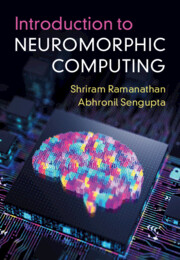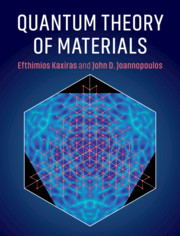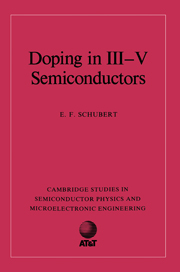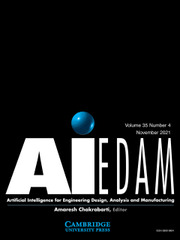Introduction to Neuromorphic Computing
Artificial intelligence is transforming industries and society, but its high energy demands challenge global sustainability goals. Biological intelligence, in contrast, offers both good performance and exceptional energy efficiency. Neuromorphic computing, a growing field inspired by the structure and function of the brain, aims to create energy-efficient algorithms and hardware by integrating insights from biology, physics, computer science, and electrical engineering. This concise and accessible book delves into the principles, mechanisms, and properties of neuromorphic systems. It opens with a primer on biological intelligence, describing learning mechanisms in both simple and complex organisms, then turns to the application of these principles and mechanisms in the development of artificial synapses and neurons, circuits, and architectures. The text also delves into neuromorphic algorithm design, and the unique challenges faced by algorithmic researchers working in this area. The book concludes with a selection of practice problems, with solutions available to instructors online.
- Introduces the exciting field of neuromorphic computing, explaining how the human brain can inspire efficient, adaptable, and energy-saving technologies for next-generation computing systems
- Offers an in-depth look at the building blocks of neuromorphic computing, from materials, cutting-edge devices and spiking neural networks to algorithms and co-design principles for system integration
- Explores diverse applications of artificial neural networks, including silicon CMOS-based systems, correlated electron semiconductors, filamentary switches, organic electronics, spintronics, and photonics, showcasing cutting-edge advancements across a range of technologies
- Serves as an excellent resource for students and researchers in engineering, physics, AI and computer science, as well as technologists that are interested in this dynamic interdisciplinary field
Product details
November 2025Hardback
9781009564342
350 pages
244 × 170 mm
Not yet published - available from November 2025
Table of Contents
- Preface
- 1. Intelligence in Biological Systems
- 2. Principles of Artificial Neural Networks
- 3. Artificial Synapses
- 4. Artificial Neurons
- 5. Examples of Applications in Artificial Neural Networks
- 6. System Design
- 7. Neuromorphic Algorithms
- 8. Lifelong Learning with AI Algorithms and Hardware
- 9. Practice Problems.










